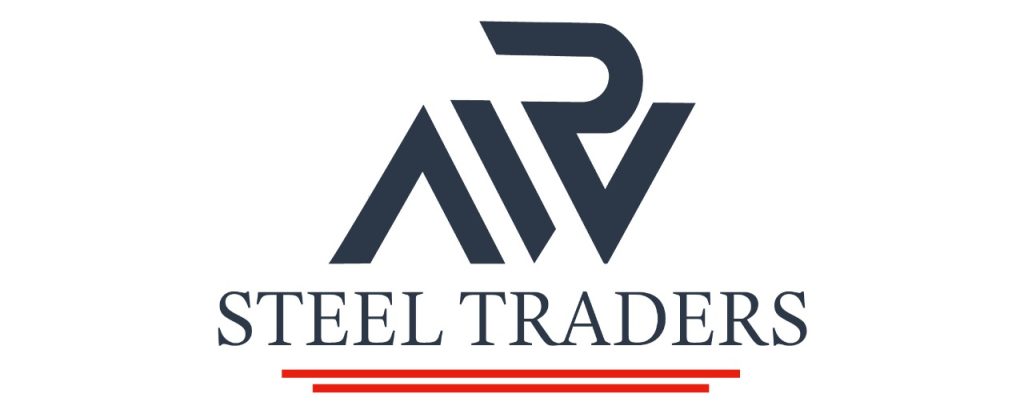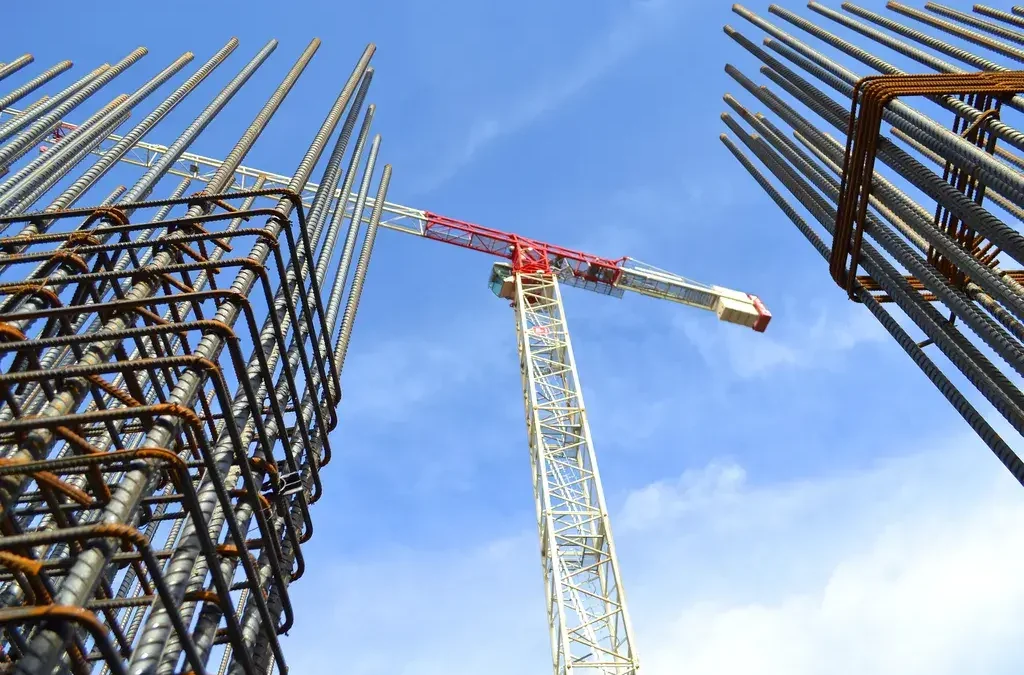How to Choose the Right Steel for Your Construction Projects
When it comes to construction, steel plays a critical role in ensuring strength, durability, and safety. Whether you are building a residential home, a commercial complex, or an industrial structure, selecting the right steel is essential for the project’s success. However, with so many types, grades, and finishes available, choosing the right steel can feel overwhelming. In this blog, we’ll guide you through the key factors you need to consider to make an informed decision for your next construction project.
1. Understand the Different Types of Steel
The first step is to understand the basic types of steel used in construction:
- Mild Steel: Also known as low carbon steel, mild steel is one of the most commonly used steels in construction. It is flexible, easy to weld, and cost-effective, making it ideal for beams, columns, and general structures.
- Structural Steel: This includes steel sections like I-beams, H-beams, angles, and channels. Structural steel is designed to handle heavy loads and is widely used in high-rise buildings, bridges, and large industrial projects.
- Reinforcement Steel (Rebar): Rebar is used to strengthen concrete by providing tensile strength. It comes in different grades and sizes to match specific load requirements.
- Stainless Steel: For structures exposed to moisture or corrosive environments, stainless steel is often used due to its high resistance to corrosion. It’s common in coastal projects, water tanks, and architectural finishes.
2. Consider the Project Requirements
Every construction project is unique. You must consider factors like load-bearing capacity, environmental conditions, and design specifications.
- Load and Strength: For high-load structures, stronger grades of structural steel are recommended. Make sure the steel you choose meets the required yield strength and tensile strength.
- Corrosion Resistance: If your project is in a coastal area or involves chemical exposure, you’ll need steel that resists corrosion—stainless steel or galvanized steel are good options.
- Weldability and Workability: Some steels are easier to cut, bend, and weld. For projects with complex designs or tight deadlines, choosing steel that’s easy to fabricate can save time and costs.
3. Check Relevant Standards and Grades
Always ensure the steel you choose complies with industry standards. In India, for example, commonly used standards include IS 2062 for mild steel and IS 1786 for TMT bars. Check for proper certifications and test reports from your supplier to ensure quality and consistency.
4. Think About Cost vs. Long-Term Value
While cost is always a consideration, cheaper is not always better when it comes to steel. Using low-quality or unsuitable steel can lead to structural issues, higher maintenance costs, or even safety hazards down the line. It’s better to invest in the right grade and finish for your application to ensure durability and peace of mind.
5. Choose a Reliable Supplier
Your supplier plays a big role in the quality of steel you receive. Work with reputable steel traders or manufacturers who offer certified products, clear documentation, and reliable delivery timelines. A trusted supplier can also help you choose the best steel for your specific needs and budget.
6. Sustainability Matters
Today, sustainability is an important factor in construction. Many projects aim for green building certifications, so using recycled or sustainable steel can help you meet environmental goals. Check if your supplier offers eco-friendly options and whether the steel can be recycled at the end of its life.
Conclusion
Choosing the right steel for your construction project is not just about picking the cheapest option available. It’s about balancing strength, durability, workability, cost, and sustainability. By understanding the different types of steel and evaluating your project’s unique needs, you can ensure a safe and successful build. Partner with a reliable supplier who can guide you through the selection process and deliver high-quality steel that stands the test of time.
If you’re planning your next project and need expert guidance on steel products, feel free to reach out to us—we’re here to help you build stronger and smarter!

